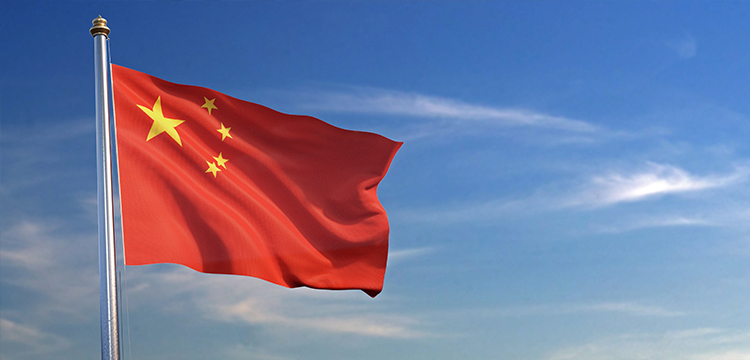It was back in 1990 that Beijing introduced a GDP growth target and since then the Chinese economy has bloomed. One stark illustration of how COVID-19 has turned the world on its head is that at the start of the country's annual meeting of Parliament recently Premier Li Keqiang announced that an annual growth target would not be set for the current year. China of course was hit early by the outbreak and its economy shrank by 6.8% in the first quarter of this year compared to last year. The reason for the abandonment of the growth target is the level of massive uncertainty about the pandemic and its effect on the world economy. As the current engine room of the world in terms of manufacturing output China is highly impacted by what happens not just in the country but also across the globe; and the outlook there is of course highly uncertain.
Unemployment is rising in the Chinese economy and there are reportedly fears that this will feed social unrest in the country. Such fears may appear unlikely from outside which often regards the ruling regime as being extremely authoritarian. But there is a longstanding fear of rising dissent amongst the political elite in the country which is very sensitive to criticism. The government's handling of the crisis got off to a rocky start with initial suppression of stories by the local authorities in Wuhan who suggested that accounts of a dangerous new virus emerging were highly exaggerated. But the death in February 2020 of the Chinese doctor, Li Wenliang, who initially reported the dangers of the virus but was admonished by local police for 'making false comments on the internet' led to a widespread outpouring of public grief and anger. At this point, the central government stepped in and took control, since when levels of public dissatisfaction have apparently subsided somewhat. But the government will still be wary of dissent rearing its head again.
The wider global outlook is complicated further by increasing tension between China and other countries where again the Chinese government has shown itself to be sensitive to criticism. Tensions between China and the USA have been on the rise for some months now but are now also apparent in other geopolitical relationships. A serious spat has broken out involving China and Australia. The Australian government has been pushing for an inquiry into China's role in and response to the pandemic when it first broke out and this has led to a robust response from the Chinese government. China has just introduced steep tariffs on Australian barley and other key exports such as wine and dairy products may be next. Australia is not taking this lying down and is apparently drawing up plans to take Beijing to the World Trade Organisation (WTO) over the imposition of the tariffs.
There is perhaps a danger that China unwittingly crosses a line. Having enjoyed decades of growth there is possibly a risk that the country feels itself in an advantageous position with so many countries relying on Chinese production to keep their consumers happy. However, other significant voices are starting to express the idea that there should be some rolling back of globalisation in response to the impact of the virus. There is a risk that this all runs out of control. The world is more interconnected now than it ever has been and in recent years economic growth globally has been significantly driven by trade involving China. It would potentially heighten the damage caused by the pandemic if countries around the world try and withdraw into an economic shell in response to it. There are challenging times ahead, not just because of the direct results of the pandemic but also as tensions continue to heighten in terms of allocating responsibility for managing the response to it. It would be in everybody's interests if world leaders act in future in a way that starts to restore a degree of normality to geopolitical relationships as well as to the economy.
Wayne Bartlett is an author for accountingcpd. To see his courses, click here.

You need to sign in or register before you can add a contribution.